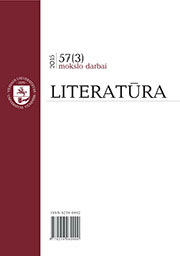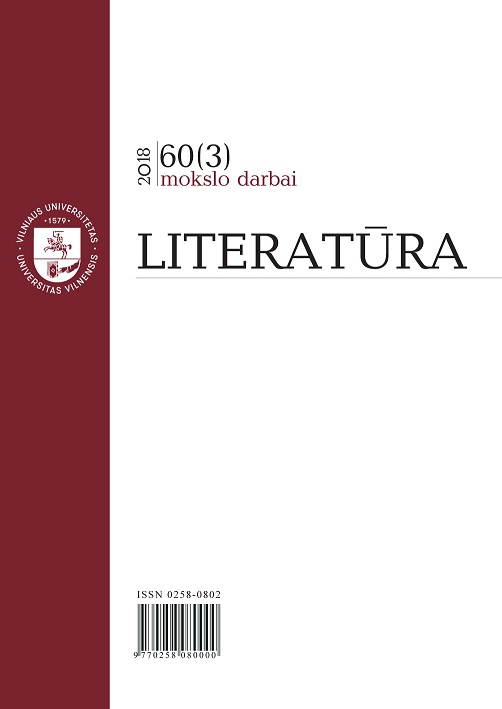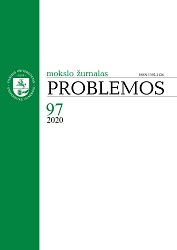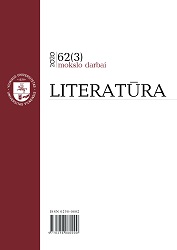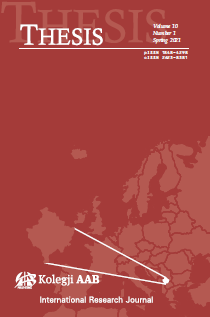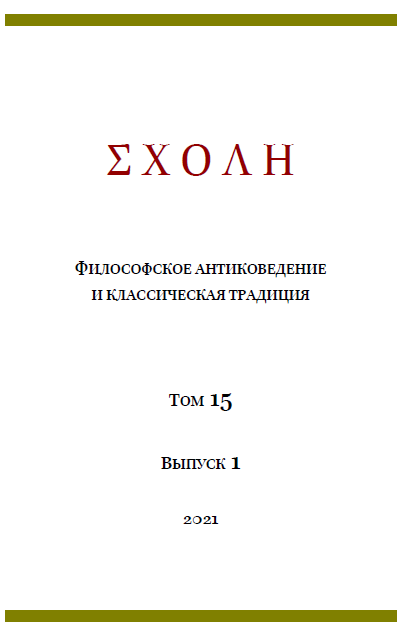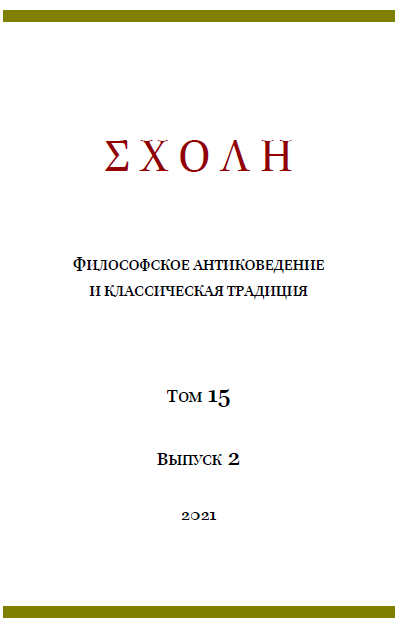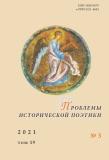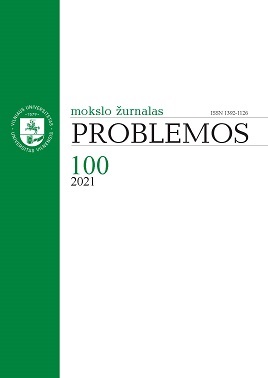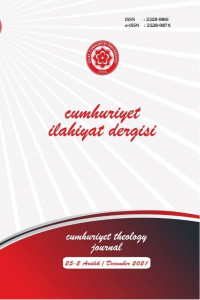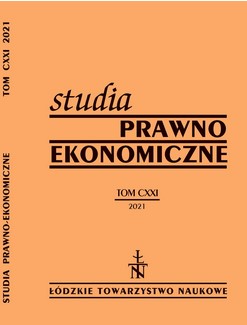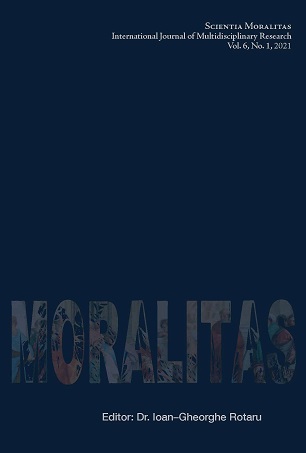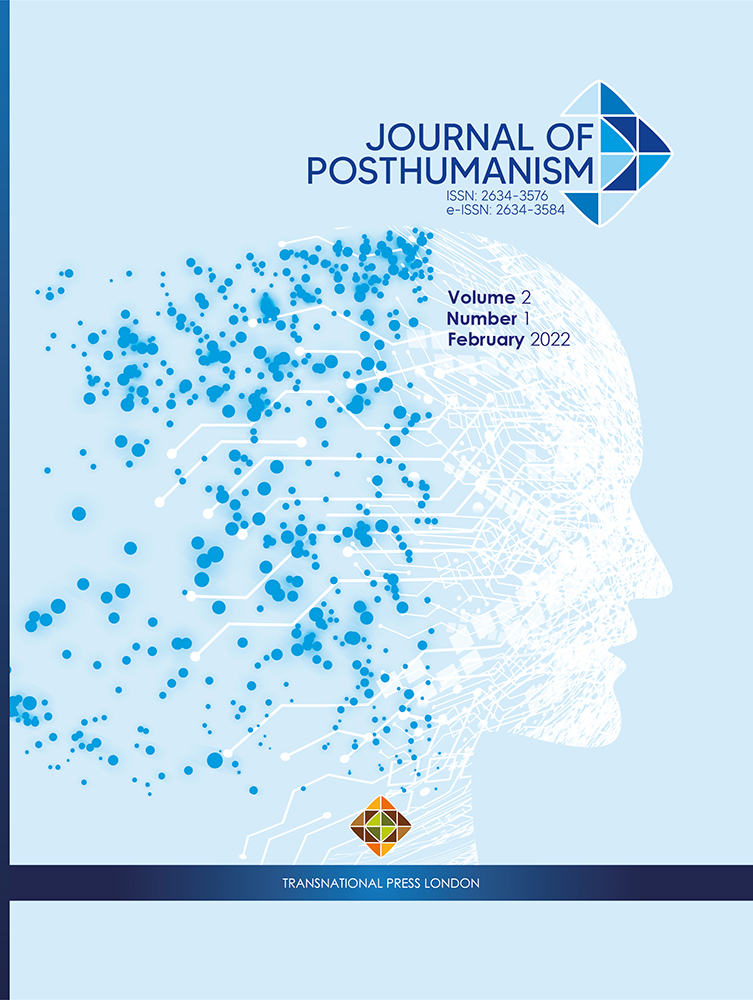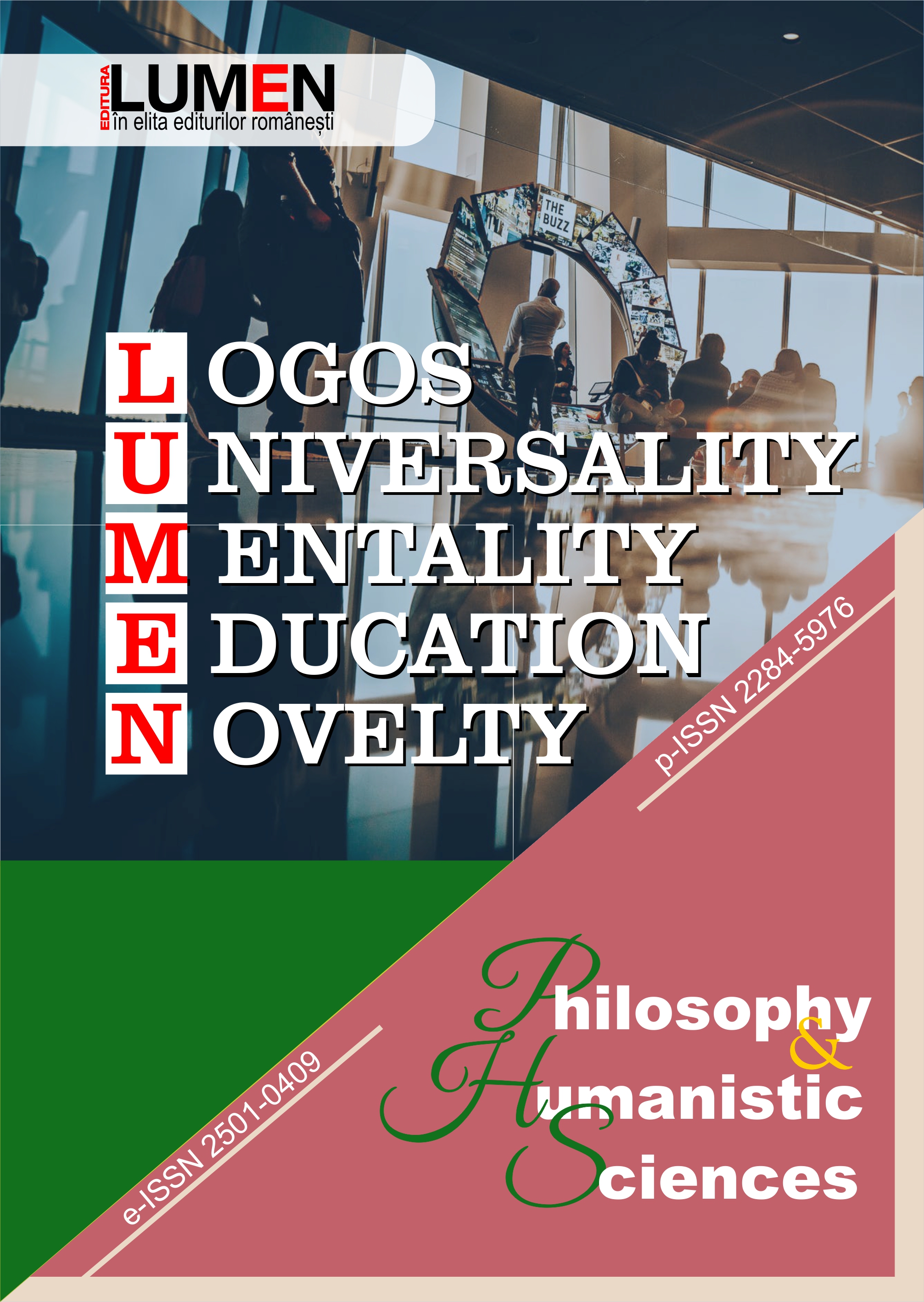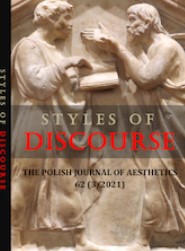Author(s): Tomas Veteikis / Language(s): Lithuanian
Issue: 3/2015
This article, based on the paper read at Colloquium Balticum XI Lundense (Lund, November 8–10, 2012), focuses on the discussion of the function of the phrase eu phronein, and especially its participial variant eu phronountes, as one of the key expressions denoting the praiseworthy and commendable persons, distinguished by their wisdom and mental health, in the texts of Isocrates. The paper aims to delineate the semantic aspects of this phrase while briefly discussing its location, etymology, closest equivalents, context and content (the system of features and functions). The discussion is based on the preliminary analysis of about 50 episodes of the epideictic discourses of Isocrates, where the mentioned phrase itself or synonymous and antonymous expressions appear. The article summarizes the main points of the results of that (early) stage of our research (including the discovery of similarity between or even almost equivalent meaning of certain concepts and phrases, e.g. eu phronein and noun ekhein, as well as their opposites) and provides a concise systematic picture of both the contents of the phrase itself and the methods of its textual application. Conclusions that are made at the end of the article help to see more clearly the interrelation among various concepts of mental activities in Isocratean oeuvre and to discover the subtlety of the Isocratean style. This paper shows that the concept of eu phronountes (as well as its semantic substitute noun ekhontes) is very similar in its meaning to the concepts of sophoi, phronimoi, pepaideumenoi. Having its origin in early epic and frequent use in dramatic poetry, the concept may be regarded as a key phrase distinguishing Isocratean style and his selection of topics from his contemporary prosaic writers who have used it considerably less frequently than Isocrates. The contextual analysis and synthetic picture of various ethical features, wise decisions or advices, attributed to eu phronountes, reveal their double sided identity: on the one hand, eu phronountes are very flexible and apparently free in their thoughts, speech and actions, ready for challenges of life and ready to help others, on the other hand, they are dependent on certain definite tasks and rules of behavior and judgement (ascribed to them).
More...

